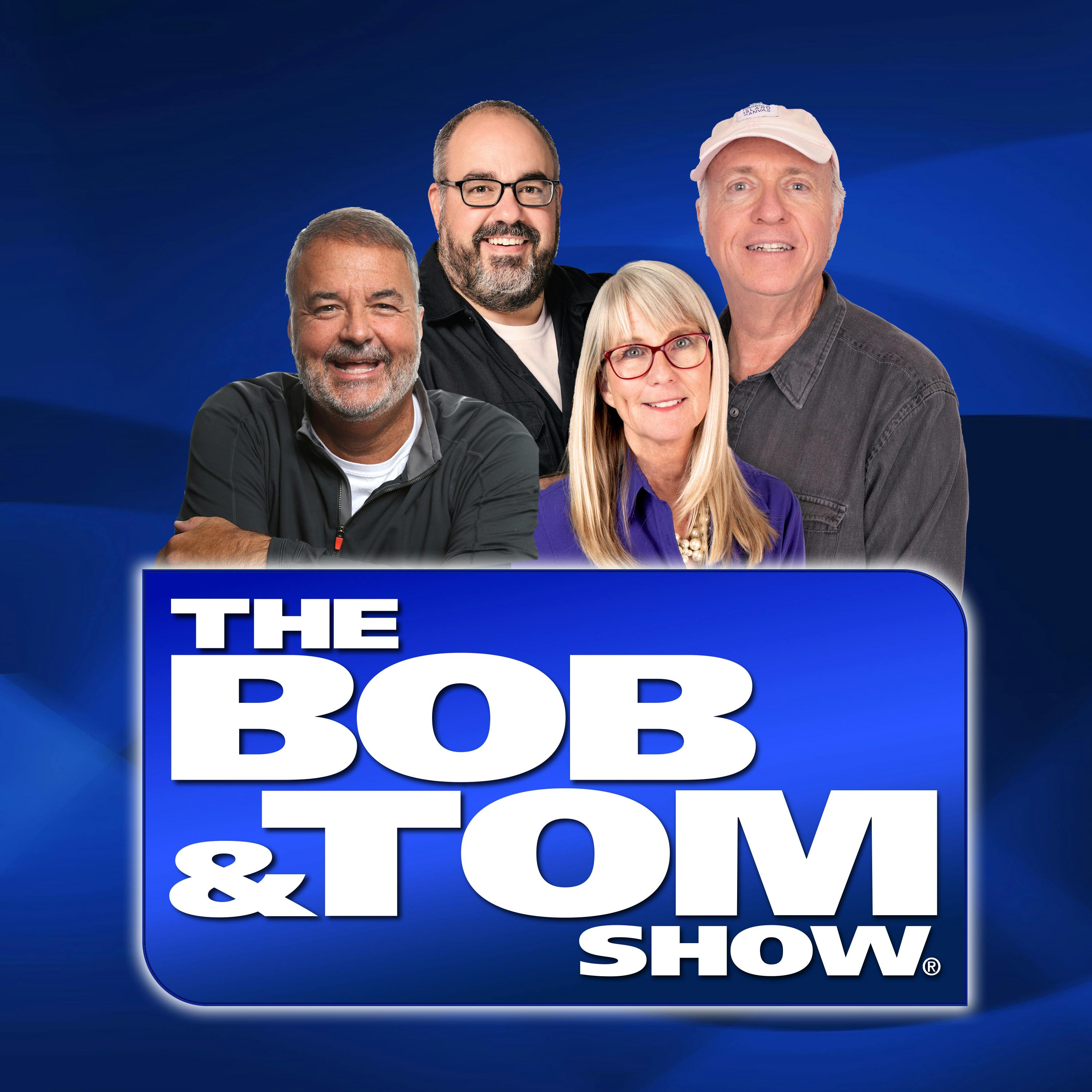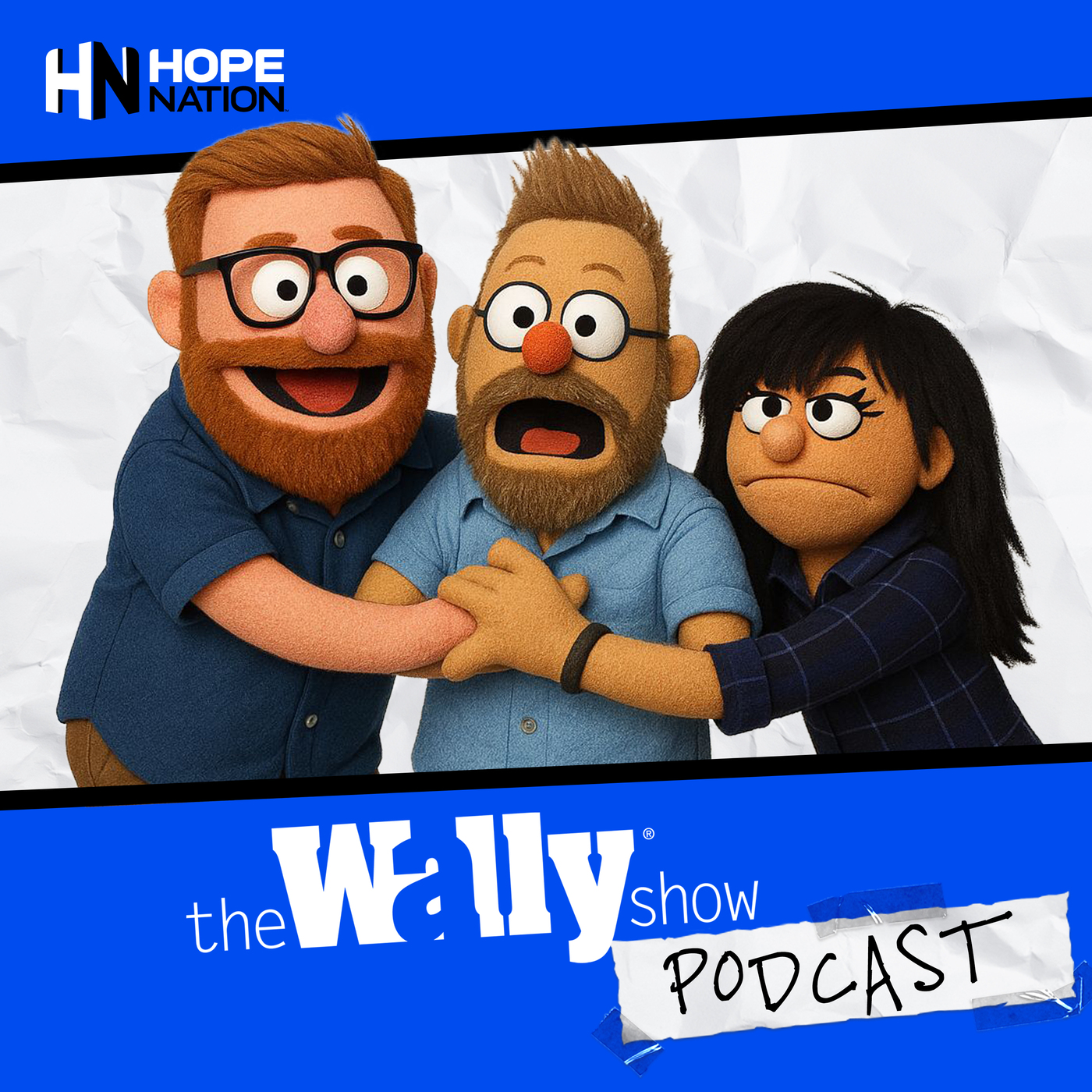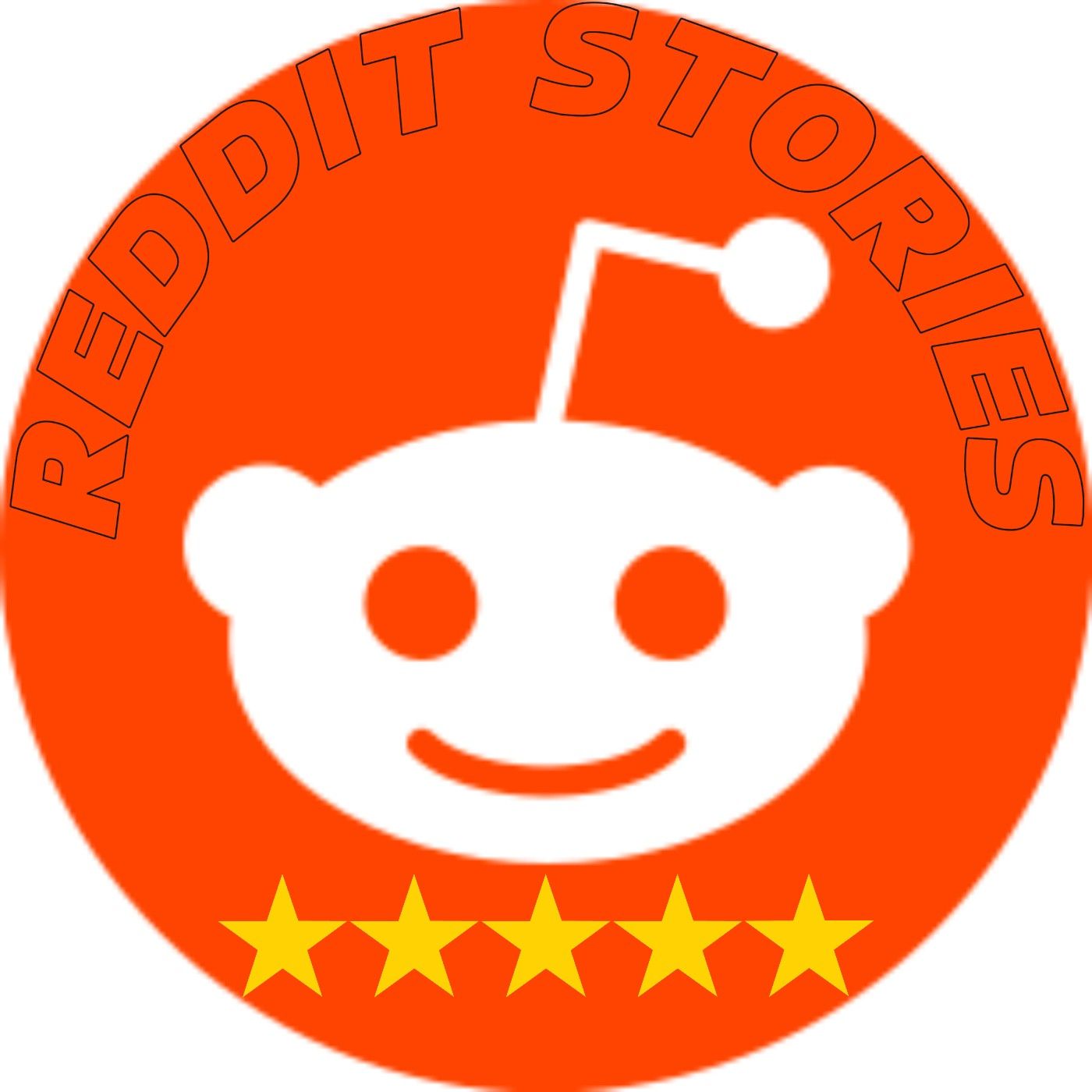"Marc Maron"
How Mark Maron Built a Long-Form Podcasting Career
Mark Maron describes a grassroots origin story for podcasting: a garage, a producer, and persistent curiosity. Early on there was no reliable monetization, so Maron and his producer Brendan McDonald experimented with tiered donations, merchandise, and live shows to pay the bills. That DIY approach—recording candid conversations with no rigid format—became the template for thousands of creators who followed.
Why candid vulnerability made WTF stand out in long-form interview technique
Maron’s style foregrounded personal honesty and emotional connection rather than tightly produced journalism. By offering his own struggles and starting conversations from a place of admission, he created a safe space for guests to open up. That approach demonstrates how conversational vulnerability can become a signature interviewing method that attracts both major guests and loyal listeners.
How live shows and creative revenue streams sustained an independent podcast
With little to no advertiser interest early on, Maron turned to live events, merchandise, and donations to generate income. Live tapings became a sustainable model: they created direct revenue and built cultural momentum, allowing the show to fund itself while maintaining editorial freedom. This episode gives a practical picture of how creators convert audience engagement into financial support.
Inside the Obama interview at a home studio: security, logistics, and consequences
The conversation includes a detailed account of booking President Obama to record at Maron’s Highland Park house. Listeners get a behind-the-scenes look at Secret Service logistics, the eerie presence of a communication “black box,” and the surreal intimacy of hosting a sitting president in an unsecured, personal space. The episode also notes the global fallout when Obama used the N-word in a candid context, illustrating how one conversation can become international news.
Why Mark chose to wind down WTF and what comes next
Maron explains that after 16 years, he’s choosing to preserve privacy, protect his emotional life, and leave the show on his terms. He frames the decision as an act of stewardship over a body of work and as a step toward creative reinvention—more time for stand-up specials, acting, directing, and personal pursuits. The episode sketches how an established creator can transition away from a signature project without diminishing its legacy.
Practical lessons for podcasters and entertainers managing audience expectations
- Keep the production team small but skilled: a dedicated, intuitive producer can elevate raw interviews into lasting work.
- Treat live shows as strategic revenue: they both monetize and promote the brand in ways early-epoch sponsorships could not.
- Balance personal content with personal boundaries: long-term sustainability requires protecting private life from constant monetization.
Beyond industry specifics, the episode doubles as a masterclass in conversational craft. Maron models how to listen, how to be emotionally accessible, and how to structure an interview around human connection rather than mere publicity. He also reveals the logistical reality of hosting big-profile guests and the personal costs of an always-on creative identity.
For anyone curious about podcast history, long-form interviewing techniques, or the practical trade-offs of creative labor, this conversation traces an arc from bootstrapped beginnings to cultural influence, and ultimately, to intentional closure.
Insights
- Treat live events and merchandise as strategic revenue sources rather than ad-dependent income streams.
- Rely on a small, trusted producer to edit and shape interviews into coherent, compelling episodes.
- Use personal vulnerability selectively to encourage guest openness while protecting core private boundaries.
- Plan logistics carefully when hosting high-profile guests—security, comms, and nearby facilities matter.
- Frame the end of a major project as a deliberate artistic choice to protect legacy and personal life.
- Apply the conversational skills from podcasting to other creative fields by finding authentic overlaps with existing voice.
FAQ
Why is Mark Maron ending WTF after 16 years?
He wants to preserve privacy, protect his emotional life, and leave the show on a high note while exploring other creative avenues.
How did Maron monetize WTF in the early years?
Early monetization relied on tiered donations, merchandise, and live shows before reliable advertising emerged.
What made the Obama interview so notable?
It was recorded at Maron’s home with Secret Service logistics, and Obama’s candid language generated international media attention.
What role did producer Brendan McDonald play on the show?
Brendan shaped interviews in post-production, framed themes, and handled technical and editorial decisions that elevated each episode.
Can podcasters transition into acting or directing after a long show?
Yes; Maron recommends applying authentic voice to scripted roles and starting directing by exercising taste and learning from collaborators.




